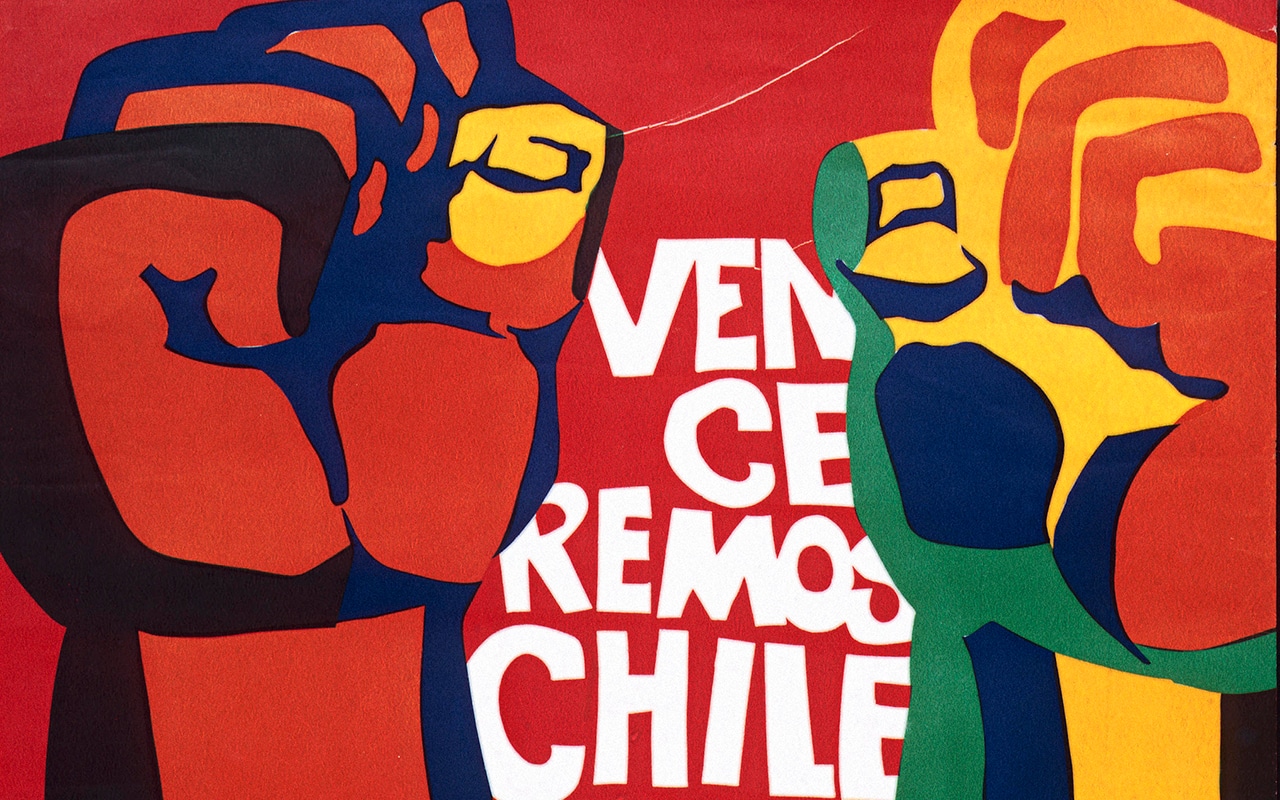Voluntariness and Solidarity
in the GDR and the Post-socialist Transition (1970-2000)
in the GDR and the Post-socialist Transition (1970-2000)

This subproject investigates voluntariness in the GDR and the subsequent post-socialist “transformation society.” It examines appeals and campaigns invoking voluntary participation (Mitmachen) within a state-socialist system, using international engagement as a case study. The subproject argues that the call for “international solidarity” in the socialist dictatorship cannot be understood solely as propaganda. We thus analyze the relationship between state appeals for solidarity and individual motives for voluntary engagement. Another key point of interest is the extent to which the state’s calls for participation influenced the political and societal transformation process in the late 1980s and early 1990s. In its analysis, the subproject also considers migrants in the GDR as addressees of state appeals for voluntariness and as politically active subjects in a society undergoing transformation.
Against this backdrop, we probe the state-directed discourse calling for international engagement and solidarity with the Global South, deploying praxeological approaches to analyze how these calls for engagement were implemented in everyday life. Drawing on a variety of in-depth historical studies, we illustrate how fundraising and aid campaigns were organized and reconstruct their eigensinnig appropriation, that is, how people engaged in these campaigns in a purposeful, pertinacious way.
The subproject explores the construction of voluntariness as a social practice through scrutiny of both state and non-state sources (in the former case, primarily those of internationally oriented mass organizations). In line with a multi-perspective approach to contemporary history, the source base is broad and not limited to written records. Among the diverse archival materials, documents produced by the GDR’s Solidarity Committee and International Friendship League are of key importance. But we also turn the analytical spotlight on media portrayals of the Global South (as conveyed by films, posters, and everyday objects) that were supposed to encourage practices of solidarity. The archival materials are further supplemented by life history interviews.
This subproject makes an important contribution to the research unit’s work. First, it focuses on voluntariness in a “dictatorship,” thereby further expanding the scope of investigation to illiberal societies. Second, continuities and ruptures in voluntariness will be analyzed during periods of political upheaval. Third, the subproject foregrounds migrants from the Global South, thus scrutinizing historical processes of transfer emanating from decolonized states—while drawing, among other things, on postcolonial approaches.